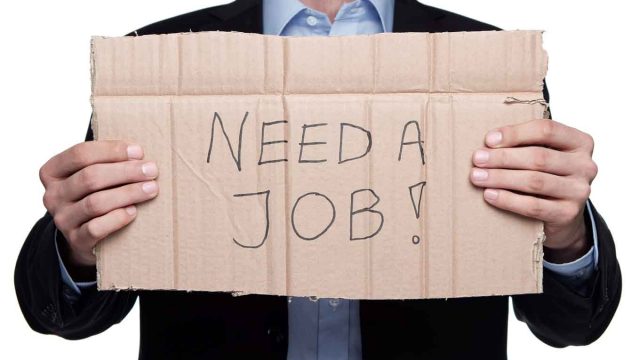Extending Expanded Unemployment Benefits Is Bad For The Economy Says…Paul Krugman?

On his New York Times blog, Paul Krugman takes a shot at “right wing” thinking on extending expanded unemployment benefits, describing the position as “anti-scientific.”
There’s a sort of standard view on this issue, based on more or less Keynesian models. According to this view, enhanced UI actually creates jobs when the economy is depressed. Why? Because the economy suffers from an inadequate overall level of demand, and unemployment benefits put money in the hands of people likely to spend it, increasing demand.
You could, I suppose, muster various arguments against this proposition, or at least the wisdom of increasing UI. You might, for example, be worried about budget deficits. I’d argue against such concerns, but it would at least be a more or less comprehensible conversation.
But if you follow right-wing talk — by which I mean not Rush Limbaugh but the Wall Street Journal and famous economists like Robert Barro — you see the notion that aid to the unemployed can create jobs dismissed as self-evidently absurd. You think that you can reduce unemployment by paying people not to work? Hahahaha!
But as economist Russ Roberts points out, we don’t need to go to the Wall Street Journal or the Rush Limbaugh radio show for examples of people saying expanded unemployment benefits remove incentives to find work. Such crazy, right-wing thinking can be found in at least two of Mr. Krugman’s own books.
From Essentials of Economics, published in 2011, by Paul Krugman among others:
People respond to incentives. If unemployment becomes more attractive because of the unemployment benefit, some unemployed workers may no longer try to find a job, or may not try to find one as quickly as they would without the benefit. Ways to get around this problem are to provide unemployment benefits only for a limited time or to require recipients to prove they are actively looking for a new job.
From Economics, published in 2012, again by Paul Krugman:
Generous unemployment benefits can increase both structural and frictional unemployment. So government policies intended to help workers can have the undesirable side effect of raising the natural rate of unemployment.
Either Krugman doesn’t do a very good job of reading the textbooks he allows to be published under his name, or there is a serious divergence between his academic and political positions on this issue.




